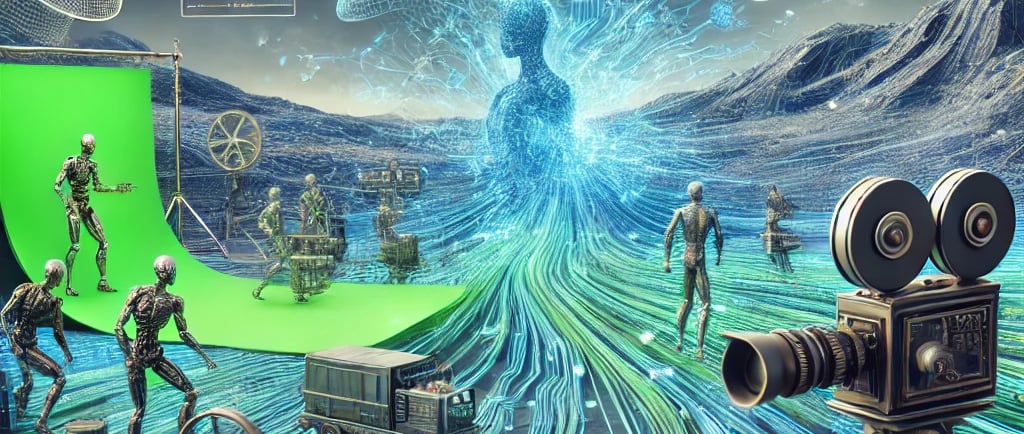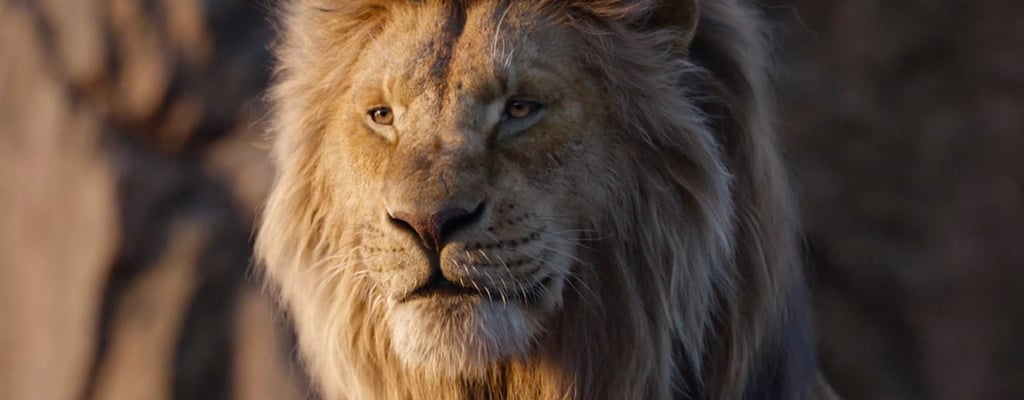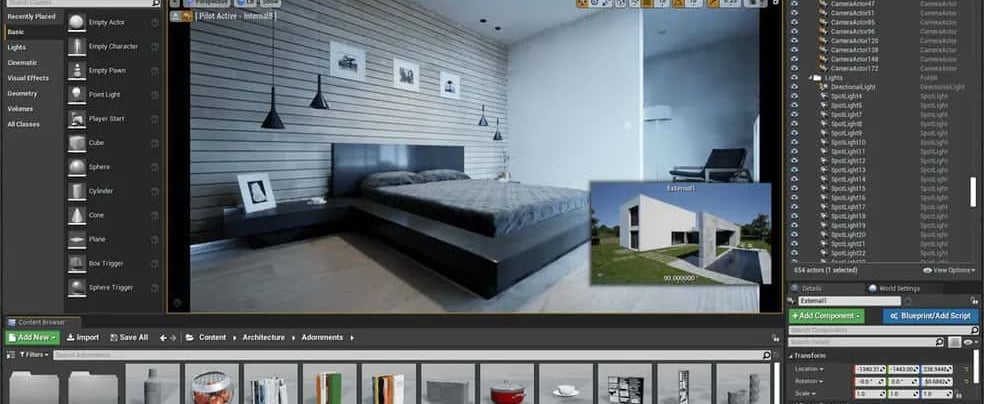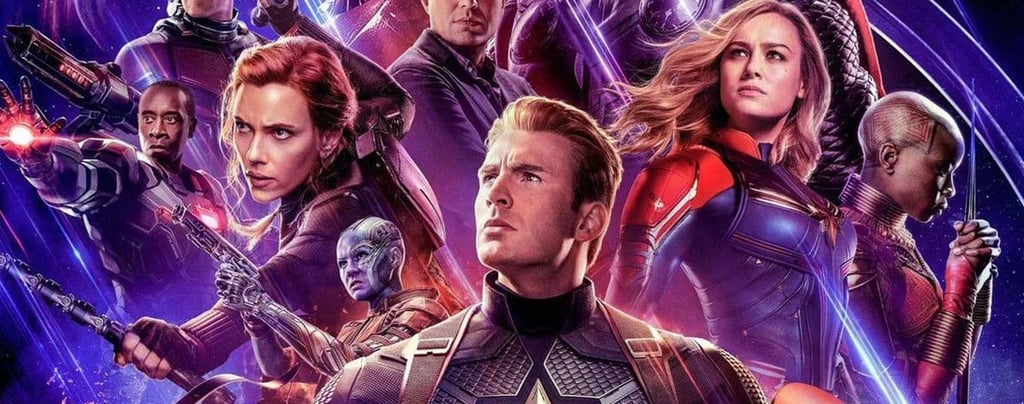How AI is Transforming Visual Effects in Cinema: From CGI to Generative AI
AI is revolutionizing the world of cinema, particularly in visual effects (VFX). From CGI to generative AI, filmmakers are using advanced technologies to create more realistic and immersive experiences. This post dives into how AI is reshaping VFX, the impact on the industry, and what the future holds for cinema.
INNOVATION AND DISRUPTION
Jonathan Wirth
10/7/20243 min read


Takeaways
AI is drastically reducing the time and cost of creating visual effects.
Filmmakers now use AI to enhance CGI, creating more realistic animations and backgrounds.
Generative AI is emerging as a powerful tool for creating entirely new visual effects.
AI-assisted VFX is transforming storytelling possibilities in cinema.
The use of AI in VFX is expected to grow significantly, driving more immersive movie experiences.
Introduction
The rise of AI is transforming multiple industries, and the film industry is no exception. In particular, visual effects (VFX) are being revolutionized by AI, changing the way filmmakers create realistic scenes, environments, and characters. From CGI (Computer-Generated Imagery) to the use of generative AI, we are seeing a new era of possibilities in visual storytelling. But how exactly is AI reshaping the world of cinema? Let’s explore how AI is transforming visual effects and what it means for the future of filmmaking.
The Evolution of CGI with AI Integration
AI is significantly improving traditional CGI techniques by automating tasks that previously required extensive human effort. Advanced AI algorithms now allow for faster rendering of realistic animations and textures, reducing both production time and costs. According to a report from Allied Market Research, the global VFX market, driven by AI and CGI, is expected to reach $48.5 billion by 2028 .
Generative AI in Visual Effects


Generative AI is now being used to create entirely new forms of VFX. Using neural networks, this technology can generate never-before-seen characters, landscapes, and even entire scenes. Generative AI is particularly helpful in creating content from scratch that is difficult or expensive to film in real life.
Automation and Cost Efficiency
AI is enabling studios to produce high-quality visual effects faster and at a lower cost. Tasks such as rotoscoping and 3D modeling, which once required large teams, can now be automated, allowing smaller studios to compete with industry giants. AI-powered tools like Adobe’s Sensei and Runway ML are revolutionizing post-production workflows.
The use of AI in VFX has reduced production costs by as much as 30% in certain projects .
Real-time rendering powered by AI is now a reality, allowing directors to see CGI effects as they are filmed. This capability speeds up the creative process and allows for more dynamic adjustments during production. AI-driven animation tools also help to perfect character movements and expressions.
Real-time Rendering and AI-Driven Animation
The development of AI-powered engines like Unreal Engine is allowing real-time interaction with complex VFX scenes.


The Future: AI and Storytelling
With AI technology advancing, the future of cinema looks incredibly exciting. AI will likely be used not only for visual effects but also to assist in scriptwriting, editing, and even directing. As AI continues to evolve, filmmakers will have more creative freedom to tell stories in ways that were previously unimaginable.
Conclusion
AI is playing a transformative role in the evolution of visual effects in cinema. From enhancing CGI to creating entirely new forms of generative art, AI is pushing the boundaries of what’s possible in filmmaking. The ability to produce more complex visual effects faster and at a lower cost means that filmmakers, both big and small, can bring their creative visions to life like never before. As this technology continues to evolve, we can expect even more revolutionary changes in the way films are made and experienced.
Want to stay updated on the latest in AI and cinema? Subscribe to our newsletter for insights, news, and updates on how technology is shaping the future of film and entertainment.


In Avengers: Endgame (2019), AI-driven VFX was used to enhance the battle scenes and create immersive alien landscapes that wouldn’t have been possible using traditional methods.
In The Lion King (2019), AI played a crucial role in animating lifelike animal characters using deep learning techniques to replicate real-world movements.